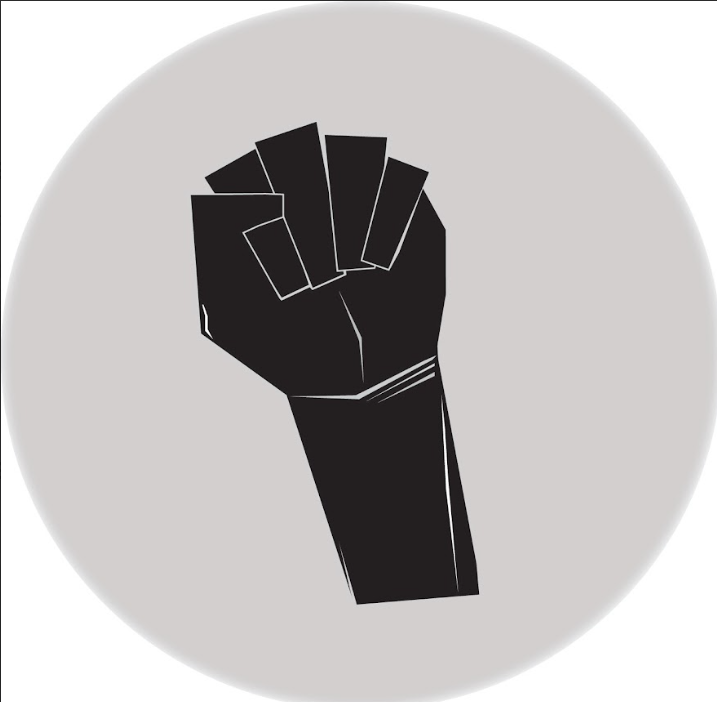In 2008, a food services evaluation team comprised of UTSA students, faculty and staff selected the food service provider Aramark to manage the university’s dining services.
Within that eight years, disturbing, abject accounts have surfaced about the meals offered by the Philadelphia-based private company.
Contracted by a diverse set of institutions ranging from universities to prisons, the list of complaints levied against the company varies in severity that seems to pivot on the public visibility of the client. A simple google search paring together the terms “Aramark university petitions” turns up numerous examples of students from universities such as Clarkson University in New York, UChicago, UT, and the University of Tennessee filing petitions directed at their campus administrators calling on them to break ties with Aramark. The grievances cited across the petitions are virtually identical: forced Aramark meal plans, limited options, and low-quality ingredients.
While these problems are perfectly valid ones to raise, it’s myopic to punctuate indignation with Aramark there.
On Sept. 9th, the anniversary of the 1971 Attica prison riot, prisoners in 24 states across 40 to 50 correctional facilities stopped working. The mass strike was the largest coordinated action of its kind in U.S. history. Conditions like the long term inhumane treatment of inmates in living in neglected facilities and the forced exploitative labor they endure drove them to rise up and #shutitdown. Among the miseries that gradually poured out from journalists’ correspondence with prisoners on the inside were stories of wretched food being served from unsanitary kitchens. Aramark, the same bane of college students across the country, repeatedly popped up as the culprit being reproached.
In Michigan, evidence was found that prisoners at the Saginaw Correctional Facility were served cake by Aramark employees that had been thrown in the trash and chewed on by rats. Also in Michigan, maggots and fly larvae were found on a serving line at the Parnall Correctional Facility in June 2014, and again in the kitchen at the G. Robert Cotton Correctional Facility in June 2015. By July, the evidence of Aramark’s malpractice couldn’t be shoved under the rug any longer and Michigan cancelled the company’s three-year, $145 million contract.
Aside from coming under fire thanks to its track record of feeding rotten food to prisoners, Aramark has also been accused of starving the inmates they’re contracted to service to lower operating costs, thereby increasing corporate profits. Journalist Tom Perkins reported in VICE that last year, the Southern Center for Human Rights considered suing the company for allegedly starving Georgia’s Calhoun County Jail prisoners after inmates who contacted the center reported eating toothpaste to stave off hunger.
The Roadrunner Creed that students will find in nearly every syllabi distributed as they begin their classes states:
“As a Roadrunner, I will uphold the highest standards of academic and personal integrity by practicing and expecting fair and ethical conduct.”
UTSA must practice what it preaches and reevaluate its relationship with a company that exploits and mistreats people in order to profit. Students should expect this from the institution that expects this from us.













